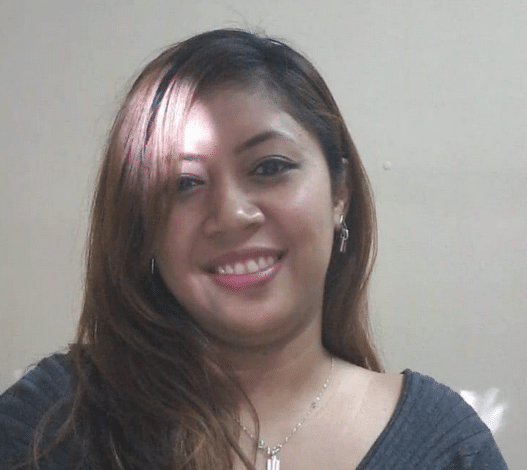
[ad_1]
“You can’t just decide to plant pepper in your field without doing some research. Because the soil has to be suitable for the crop,” said Dinesh Birdja, who practices agriculture in Saramaka.
He and dozens of other farmers will receive intensive training over the next three months. These will be provided across the country by the Suriname Agricultural Research Center (CELOS).
The aim is to enhance the skills and knowledge of farmers. The launching ceremony was held at the CELOS auditorium on Friday.
The training program is part of the Suriname Agricultural Market Access Project (SAMAP), a government initiative led by LVV in partnership with the Food and Agriculture Organization of the United Nations (FAO).
Funded by the European Union (EU), SAMAP aims to boost agricultural development through greater competitiveness and safer production practices, which will ultimately improve market access for vegetables, fruits, root crops and non-timber forest by-products.
Enthusiastic Bodeja hopes he can learn a lot of knowledge and skills in the training. “Our production will increase,” he assured. On Friday, the farmer attended a farm management meeting.
“It’s about the design of the farm, putting the buildings there, growing the plants and installing the irrigation system. You also have to have good management,” said Bergia.
Dhanrajie Madray, international operations officer at the UN Food and Agriculture Organization, said that with the help of SAMAP, 228 farmers across the country have received equipment.
When this was assessed, it was found that many farmers had only a basic understanding of the use of machinery. “We know that equipment has more capabilities and if machines are used to their maximum, it will significantly increase yields and improve quality,” Madray explained.
CELOS Director Soedeshchand Jairam was the initiator of the training program. He discussed this with Eric Zeballos, former Chief Technical Advisor of SAMAP, when he was Director of LVV. He further elaborated on this when he became Director of CELOS.
Farmers are divided into two categories: those from the coastal plains and those from the interior. The latter will learn agroforestry techniques, while those from the coastal plains will focus on farm management, etc.
“This is a big project and the timeline for implementation is a bit short. There’s going to be a lot of hard work,” Jerram said.
Anwar Helstone, Head of Agricultural Production and Training Coordinator at CELOS, noted that an important part of the training programme is the establishment of a network of farmers for knowledge exchange.
This should be based on the perceptions of farmers. Meetings will be held with them as well as other stakeholders such as government agencies and agricultural cooperatives.
“We will culminate this with a workshop and hand over a knowledge exchange document to government. This allows us to contribute to government policy,” Hurlstone said.


Jennifer Atmo is the Editor-in-Chief of GFC News. She describes herself as a true Surinamese expert, passionate about lifestyle and entertainment topics. In addition to her role in the media, Atmo is also the President of KIVC, an organization that promotes social affairs.
Contact: jennifer@gfcnieuws.com
[ad_2]
Source link


